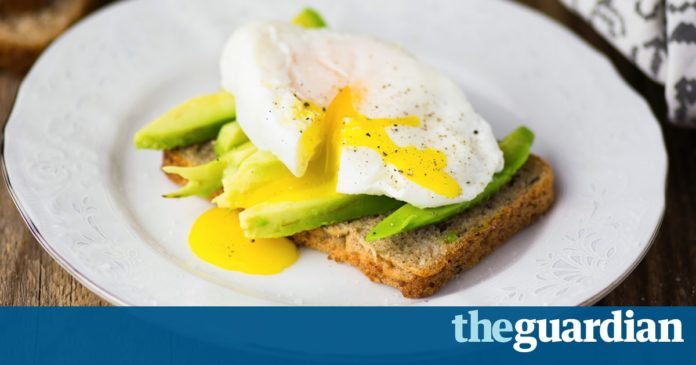Great chefs disregard the oven dial and never apologise. This bank holiday quickly brush up your culinary skills, with these five-minute hints
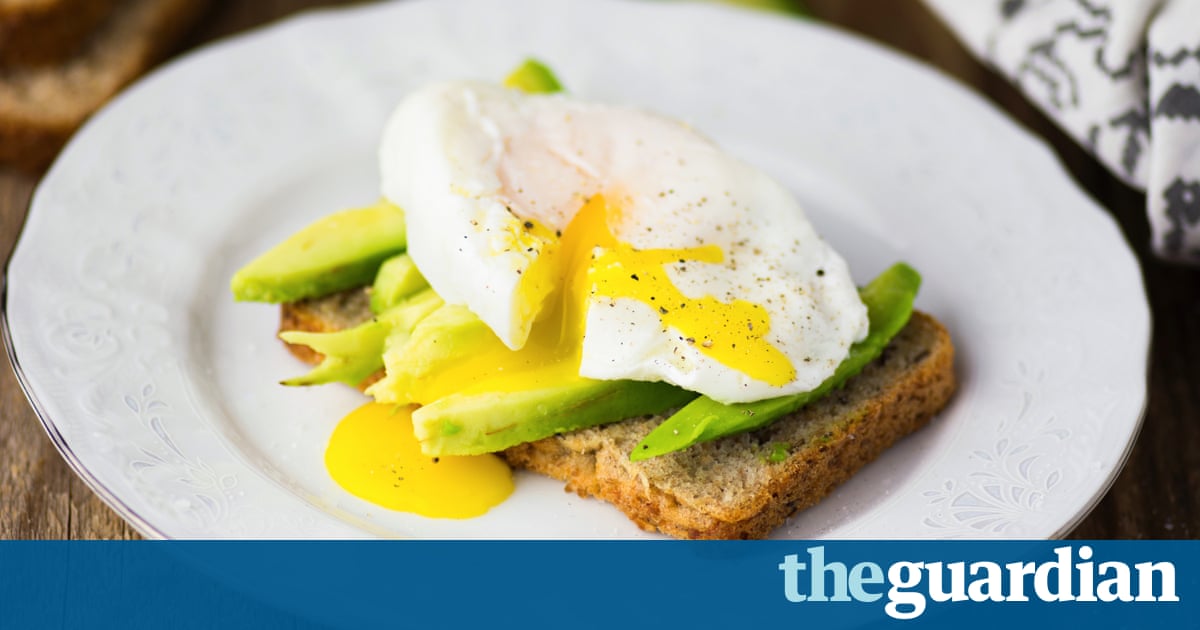
The vaguely illicit thrill of days like today, the delicious guilt of a Monday morning free from screaming alarms and awful commutes, leads many of us to overcompensate by making the bank holiday an opportunity for personal admin the chance to finally put up those pictures, weed the garden or go for a much-needed run. All of these, it must be admitted, are worthy activities deserving of commendation. Theyre also a shameful waste of a precious day off.
Assuage your conscience by honing your culinary skills instead at least that way you can enjoy the fruits of your labours with a large glass of wine, which is certainly not something that can be said of an afternoon spent clearing out the gutters. The University of California has produced a helpful list of kitchen myths advice youve probably heard a thousand times but which is actually positively unhelpful but after seven years perfecting recipes for this newspaper, making at least six versions of the same dish every week, Ive picked up a few pearls of wisdom along the way. These are my top 10 tips for improving your cooking in less than five minutes:
1) Knives dont sharpen themselves
The easiest thing you can do to become a better cook is invest in a knife sharpener, and learn how to use it. Not only are sharp knives safer, because theyre less likely to slip off the food and on to your tender flesh, but they make chopping so much quicker and more efficient that youre likely to find yourself imbued with a renewed enthusiasm for the likes of stir fries and ratatouille.
2) Fire means flavour
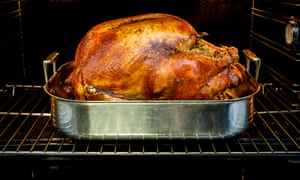
Or at least, heat does. Start roasts in a very hot oven, sear steaks in a smoking pan, roast vegetables rather than boiling or steaming them, and youll find they take on a more intense flavour thanks to the caramelisation of the sugars on the outer surfaces.
3) Oven dials are only a rough guide
Trust your senses instead. New cooks often worry unnecessarily about whether the figures in a recipe are for a fan or conventional oven without realising that their own is very unlikely to be at the temperature it claims in any case most run hot or cold, and you wont know which until youve chewed your way through a fair few burnt lasagnes or raw cakes. Its far safer to use the temperatures and timings in a recipe as a ballpark figure, and rely on your eyes and nose to judge when something is actually ready if that loaf still looks a bit pallid after 25 minutes, dont take it out of the oven just because the recipe tells you to.
4) Patience is a virtue

Whatever the recipe claims, your onions wont caramelise in about 10 minutes and your risotto wont be ready in 15, so put on some music and accept the fact that great food takes time. The same goes for resting meat before serving, letting cakes cool down before trying to ice them and so on.
5) Seek out bones
Meat and fish cooked on the bone will always have a deeper, more interesting taste than the equivalent fillets, and stocks made from bones will not only add flavour to your soups and sauces, but richness: a good stock should have a slightly wobbly consistency at room temperature thanks to the gelatine content (dont worry, it will melt when you heat it up).
6) Free spirits eat well
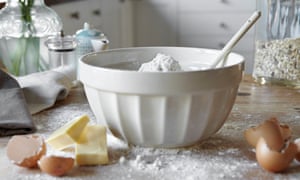
Dont be a slave to the words on the page. If you hate parsley, dont put it in just because the recipe says so; substitute a herb you prefer. (Trust me, the sky is highly unlikely to fall in because you tear a few basil leaves over your minestrone instead.) That said, be wary of tweaking cake and bread recipes: baking is an exact science, and the higher moisture content of muscovado sugar, for example, as opposed to caster might stop your cake from rising properly.
7) Taste as you go
A good cook will always have an oversupply of teaspoons at hand to check things are on track, and correct the seasoning as necessary. Sending out a dish without tasting it first is madness, even if that means checking the balance of flavours in a raw cake mix.
8) Homemade is not necessarily better
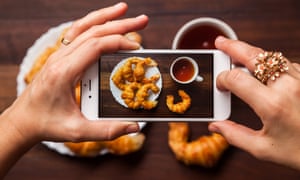
Unless youre a master chef, there are some things that the professionals will always make as well, or even better dont beat yourself up about buying decent croissants, puff pastry or fresh stock, for example, and theres no shame in good shop-bought patisserie, sourdough or ice cream.
9) If in doubt, add an egg
Or a scattering of fresh herbs, or a pinch of chilli flakes. Restaurant dishes look good because someone has spent almost as long on the way they look as they way they taste. While Im not suggesting you pipe your gravy in polka dots around the meat, an easy way to pep up a dull looking plate is with a splash of colour in the form of herbs, spices, or even a softly oozing yellow yolk. Theres a good reason #eggporn is permanently trending on social media.
10) Never apologise, never explain

Chances are youre the only person who will notice the risotto is a bit overdone, or the biscuits are missing a pinch of salt, so dont draw attention to your shortcomings as a chef. Remember most of us will overlook any number of things in return for a free dinner.
Read more here: http://www.theguardian.com/us

